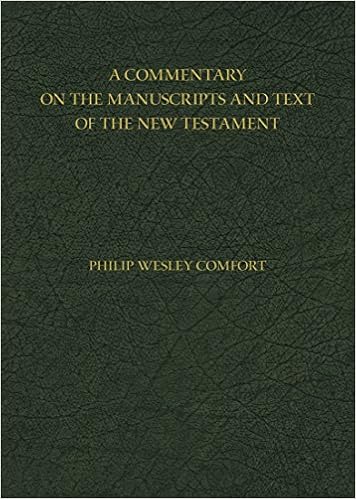Note: I have learned from (and leaned on) Dr. Nichols for leadership ideas for several years. He’s not just a face on the Internet, but one I’ve seen and trust.
Have you ever noticed those people who seem to have it all together? You look at their work and they have all these cool things going on. They're successful, they're making things happen. You look at their family and they seem to have rich, full relationships. They're connecting well with one another. They even have great connections and healthy interactions with you.
So you think - How do you keep all the plates spinning? How did you become productive? How are you able to shift from productivity and tasks into highly-relational moments with ease?
And how are you connecting with people in such a way that their lives and their work are dramatically improving as a result of their interactions with you - your influence in their life?
And it's that simplification of leadership that we see in them that is critical.
We know that most people want 2 things:
1. They want to be successful - productive - in their work - in what they do.
2. But they also want to connect deeply with people - in relationship.
And it can be done. But there's a secret to it.
For the past 20 years I've been serving leaders and organizations around the world helping them live and lead with purpose. We worked with thousands of leaders in all size organizations - from General Electric, ChickFila, and Deloitte, to entrepreneur startups, ministries and non-profits in places like Dallas, Omaha, Winston-Salem, Las Vegas, and Atlanta to a school district on Long Island.
And what we've learned is that every leader that we've worked with has these same desires we mentioned: They all want to do good work and at the same time they want to connect with people in meaningful ways.
But what keeps us from that?
In my experiences leading an international marketing firm, colleges and universities, non-profits, and ministries working with top leaders in the marketplace who have tons of books, and training, and processes, and systems - we found that most leaders are more confused, concerned, frustrated, even overwhelmed than ever before.
And most of the time, the complexity and chaos we are experiencing is self-generated. Which means, we have the ability to make a change and experience dramatic improvements.
We struggle with work/life balance. We struggle to connect with people in meaningful ways. We struggle to be productive. And we struggle in these areas when we're not living and leading with clear purpose.
Let's face it - there's never enough time.
When you think about your work, your experience may have been like mine - I've navigated my way through increasingly complex challenges. I launched new businesses very early in my career. I was thrust into handling conflict, chaos, and betrayal. I had the responsibility of developing people, teams, and organizations. And I grieved painful loss.
What I needed was a simple, proven process and tools that I could work through on my own that would help me experience dramatic improvements at home and at work. So I developed the 5 Phases of SIMPLE Leadership to help me during this chaotic time.
Today, Doug is offering a free PDF download of the 5 Phases of SIMPLE Leadership Simply click here to access the free download.
We use a simple metaphor of the construction of a building to help us remember and communicate the 5 phases.
In fact everything we do at Guidestone is simple, scalable, and sustainable. So anyone can do it, any team or organization can use it, and when you put these concepts in motion it will last.
So let me share the 5 Phases of SIMPLE Leadership with you – they're really simple. If you've ever been around the construction of a building - any type of building - but especially a large building, you know that the foundation is most important. Architects, consultants, engineers, and contractors spend months, even years, planning, designing, evaluating, tweaking, and preparing the foundation of a building project. Last year we were building a commercial building at our organization and just as we were about to begin construction, we realized that the foundation was designed entirely wrong. In fact, the consultant refused to make the necessary changes to get it right. So we hired another consultant to make the changes - Why?
Because the foundation is so incredibly important. If the foundation is off - if the foundation isn't right - then there will be problems - significant problems with the rest of the project!
So the 5 Phases of SIMPLE Leadership are really a time-saving tool, a relational tool, a money-saving process to help you automate dramatic improvements in your life and work. So as you plan, design, and build a strong, solid foundation, you'll learn how to navigate through the 5 Phases at the right time.
Don't miss the free download today – it will really help you. Click here to get it now.
Then, I'll be sharing more over the next couple of weeks about how you can go deeper with 5 Phases of SIMPLE Leadership.
 I was going to save this review until after Halloween…but since Christmas trees are for sale at Target, I might as well go ahead and review a Christmas book. Besides, it’s also a history book. So it’s all good.
I was going to save this review until after Halloween…but since Christmas trees are for sale at Target, I might as well go ahead and review a Christmas book. Besides, it’s also a history book. So it’s all good.



